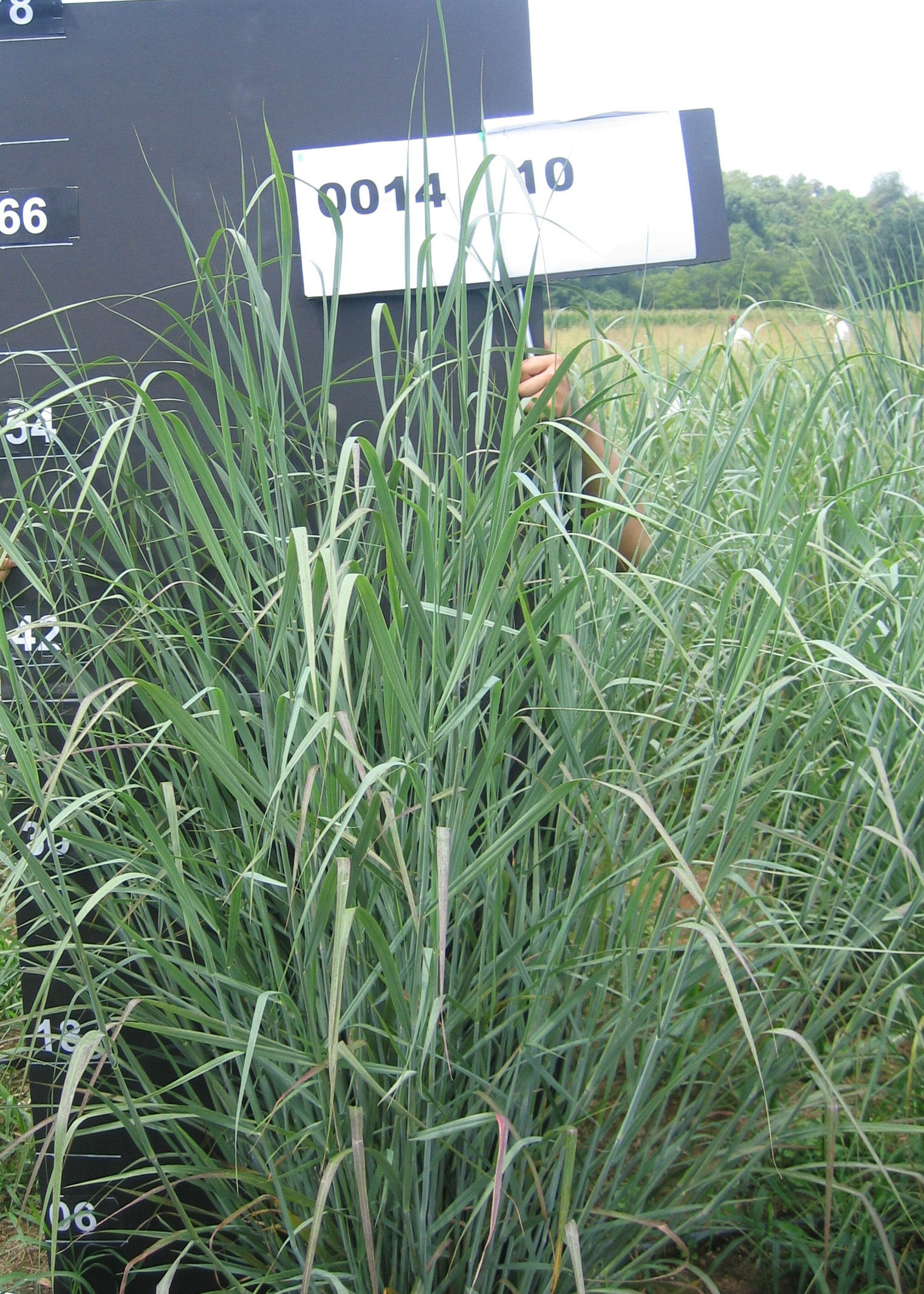Research team seeks to introduce rust fungus resistance in switchgrass

Switchgrass is a native North American prairie grass valued for erosion control and forage, and in recent years, as a potential resource for production of biomass-based ethanol. It is hardy; it grows fast; but it could be devastated by a rust fungus that has been identified as Puccinia emaculata Schwein.
The National Institute of Food and Agriculture has awarded a $1 million grant to Bingyu Zhao, assistant professor of horticulture in the College of Agriculture and Life Sciences at Virginia Tech, to develop and deploy resistant genes and monitor the pathogen.
Traditional plant breeding involves identifying members of a species with desirable traits – such as a natural resistance to a disease – and propagating those traits in successive generations. Plant molecular biologists can also use genetic engineering to transfer a disease-resistant gene found in one species into a closely related species.
Bingyu and his research colleagues from Virginia Tech, Oklahoma State University, and Iowa State University created a large collection switchgrass germplasm and discovered potential rust resistance genes from several switchgrass cultivars. "A potential virus-induced gene silencing tool for quickly analyzing the function of rust resistance genes in switchgrass has been developed," said Bingyu. "As a complement to natural resistance genes, a novel strategy developed by Brett Tylor’s group at the Virginia Bioinformatics Institute at Virginia Tech will be tried to generate switchgrass cultivars with broad spectrum rust disease resistance."
The researchers will enhance their ability to genetically identify switchgrass rust resistance genes and associate the resistance genes with molecular markers, develop a system for functional analysis of putative rust resistance genes in switchgrass, and evaluate the possibility of engineering switchgrass with broad-spectrum disease resistance. They will also analyze the DNA of the switchgrass rust pathogen and will determine the structure and dynamics of switchgrass rust populations across the country.
"The aim is to breed broad spectrum rust resistant switchgrass cultivars that could be strategically deployed according to the local rust pathogen population to ensure the large-scale and sustainable biomass production in the future," said Bingyu.
"Deployment of host resistance genes guided by rust population genetics information is the best practice to durably and sustainably protect switchgrass feedstock production against rust infection," he said.
In 2009, Bingyu received a $1 million, five-year Faculty Early Career Development (CAREER) Award for his research on a disease-resistant gene in corn that will prevent bacteria from invading distantly related plant species. The award is the National Science Foundation’s most prestigious award for creative junior faculty. Bingyu's results could help plant breeders transfer resistance genes from model plant species into important crop plants.
Co-investigators on the switchgrass project are Brett Tyler, professor in the Virginia Bioinformatics Institute and the Department of Plant Pathology, Physiology and Weed Science at Virginia Tech; Stephen Marek and Carla Garzón, assistant professors in entomology and plant pathology of Oklahoma State University; and Bing Yang, assistant professor in the Department of Genetics, Development, and Cell Biology at Iowa State University.
Dedicated to its motto, Ut Prosim (That I May Serve), Virginia Tech takes a hands-on, engaging approach to education, preparing scholars to be leaders in their fields and communities. As the commonwealth’s most comprehensive university and its leading research institution, Virginia Tech offers 240 undergraduate and graduate degree programs to more than 31,000 students and manages a research portfolio of $513 million. The university fulfills its land-grant mission of transforming knowledge to practice through technological leadership and by fueling economic growth and job creation locally, regionally, and across Virginia.




